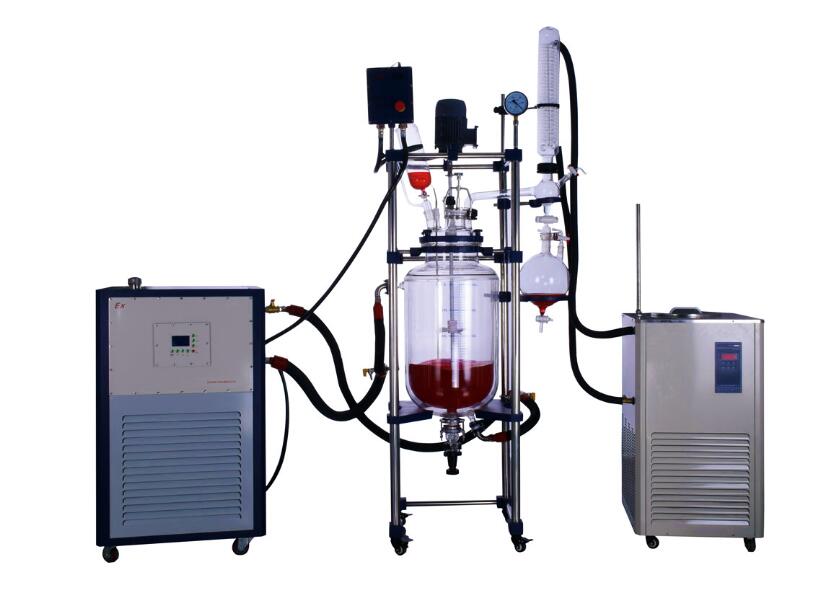Over the years, many engineers have found the scale up of chemical reactors to be a relatively daunting task. However, it remains to be an integral element in the realization as well as optimization of various industrial plants.
This activity highlights the knowledge that one accumulates in the different stages of process development. Whether we are talking of fluid dynamic experiments, mathematical modeling, deriving kinetic correlations, or industrial plants, things remain steadfast. However, it will be essential for you to have a few insights into this issue, including the following.

How to Scale Up Chemical Reactors?
Relationship between scale-up and modeling
Ideally, scaling up is all about finding out the various quantitative rules that describe the operation of a chemical reactor. Usually, the process will be looked into at different scales and operating conditions, yet using distinct reaction technologies. In this light, scale-up accentuates the ability to design and manage large plants, and also the skill to come up with more efficient reaction technologies.
The procedure could start from the laboratory to the industry or even vice versa. One can easily choose to operate a parallel process, depending on the goal or problem that they have at hand. Regardless, you will be confident of three vital elements remaining steadfast. They include mathematical modeling, fluid dynamic studies, and innovative ideas.
Mathematical modeling
Usually, mathematical models come in handy in synthesizing ideas and other experimental data. This process is vital in enhancing the performance of industrial units in the long run. This model could be simple or complex, depending on the available data, knowledge, and objectives. Remember, data shortage and inaccuracy could be costly to you. Let them be your priorities at all times.
Mathematical models help in predicting the formation of different trace components. In essence, you will rely on computers to come up with a comprehensive analysis of chemical processes. Remember, the framework of mathematical modeling lies in the application of energy conservation and matter principles.
Innovative ideas
Unless you have innovative ideas, you will hardly enjoy the success that you so desire in your industrial venture. It will also be relatively hard for you to understand or implement the project in the long run. However, you will need to ensure that your thoughts are practical, lest you expose yourself to grave danger.
Fluid dynamic models
One could easily assume that good ideas and a little knowledge of chemical engineering will be enough to solve the different problems relating to scale up chemical reactors. It is wrong. Usually, you will witness that a fluid dynamic model will help in simulating the interaction between gases and liquids during a reaction.
These models play a critical role in tracking the flow of solids through a specific system. Mostly, you will associate this move with the Navier-Stokes equations. While at it, you will appreciate how much it relies on different algorithms and numerical methods to solve various fluid issues. As mentioned earlier, simulations are conducted once you settle your equations iteratively.
Kinetics and Reaction
You can hardly ignore the significance of kinetics in reaction. It will always be essential for you to understand that the generation of various chemical reactions could be hard. Mostly, it is because of inadequate knowledge about the implications of different mathematical formulism.
Usually, the assembly of the various elementary reactions for your model will always need to be a priority. Such results need to explain how the products of your reaction come about. They also need to highlight how intermediates, as well as trace components, will get formed.
Remember, these trace components could be potential environmental pollutants too.
It will always be noble for you to consider gathering thermochemical data for your potential reactions. This time will be the best for you to rely on both reaction rate theory and quantum chemistry. It is through this that you will estimate the activation energy and transition state of your reaction without much hassle.
While at it, you need to be careful when selecting the experimental apparatus, as it is key to validation. Lastly, let your objective be to come up with a commercial-scale chemical reactor as well as predictive tools from your mathematical models.
Conclusion
In conclusion, the role of scale-up reactors is worth mentioning. While the process is complicated, the insights provided above will give you an idea of what to expect.

